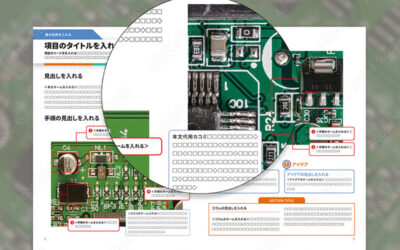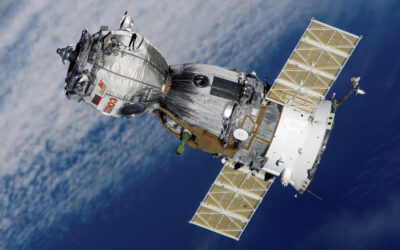A dive into the world of translating engineering drawings, where linguistic prowess meets the precision of technical drawings. Uncover the challenges, from cultural intricacies to cutting-edge technology integration.
The Art of Translating Technical Manuals: Best Practices
In a globalized world, translating technical manuals accurately is essential. This article dives into the complexities of technical translation, offering insights on handling jargon, maintaining cultural sensitivity, and simplifying complex sentence structures. Learn how subject matter expertise, terminology management, and ongoing training play a crucial role in achieving precision and clarity in technical documentation translation. Explore the art of conveying complex technical information to a global audience effectively.
Bridging the Gap: Translating for Emerging Technologies
Ensuring proper translations for IoT devices like setup instructions, error messages, and software updates is crucial for a positive user experience. Blockchain translation introduces challenges like consistent terminology for technical concepts and accounting for different regulatory landscapes. AI translation comes with its own nuances as neural networks must learn to identify subtle contextual differences between languages to avoid cultural missteps.
Technical Translation in the Aerospace Industry
Explore the critical role of technical translation in the aerospace industry, focusing on precision and safety. Learn how translation agencies navigate complex terminology, regulatory compliance, and the implications of inaccurate translations in this high-stakes field.
The Art of Technical Translation: Bridging Language Gaps in the Digital Age
Technical translation plays a pivotal role in breaking down language barriers. This article delves into the art of technical translation, discussing the challenges, innovations, and adaptations professionals employ to navigate the rapidly changing terrain. From software localization to complex technical documents, discover the intricacies of this vital discipline.
Adapting E-Learning Content for Global Markets: The Key to Success
Adapting e-learning content for global markets requires a very specific skillset. Here are the keys to success.
The Impact of In Vitro Diagnostic Regulation (IVDR) on the Language Translation Industry
In Vitro Diagnostic Regulation in the EU will have a profound impact on the translation industry. This article summarizes those changes and the importance of picking a translation provider with experience and expertise in this area.
In Life Sciences Translations, Does Agency Size Matter?
For a life sciences company choosing a translation provider, does the size of the agency matter? Absolutely! Let’s cover the basics on what size translation agency is a good fit for your project.
Navigating MDR & IVDR Compliance
For medical device manufacturers, it is crucial to understand and comply with the Medical Device Regulation (MDR) and In Vitro Diagnostic Regulation (IVDR) for your products.









